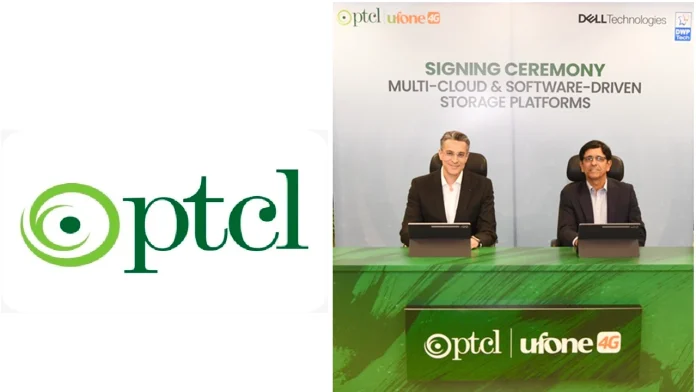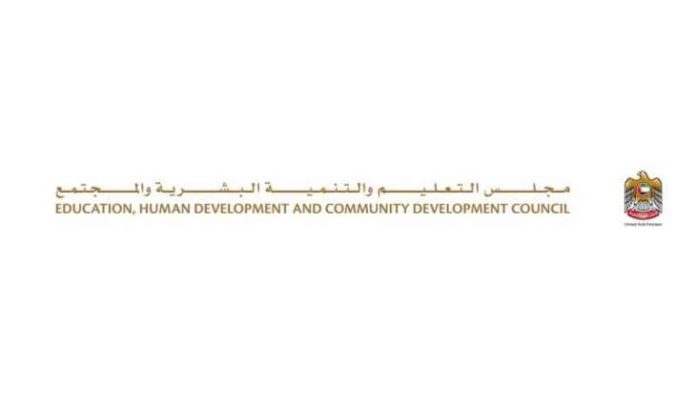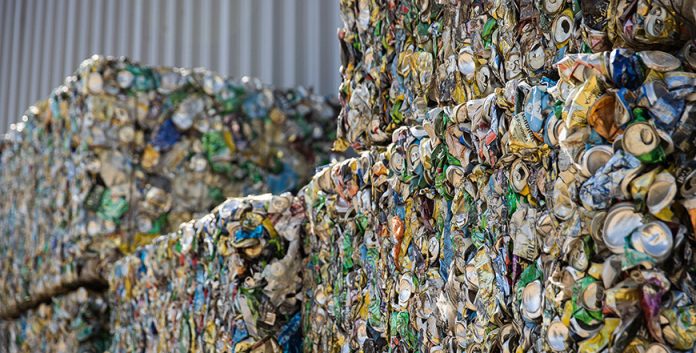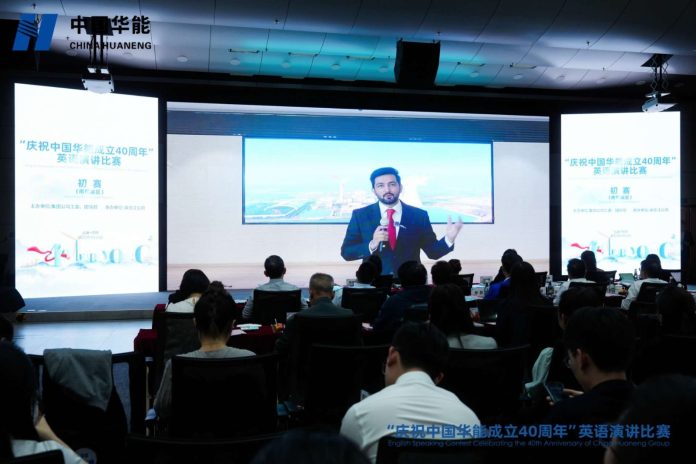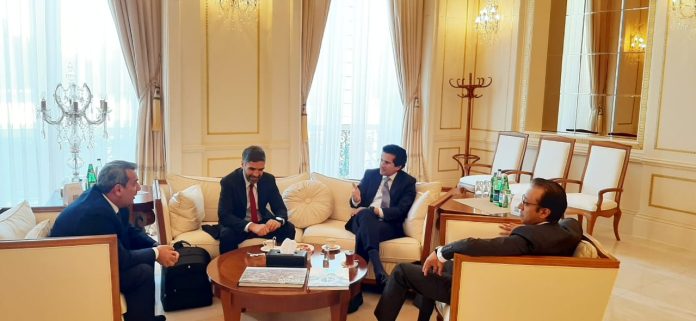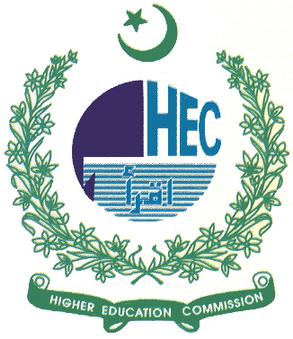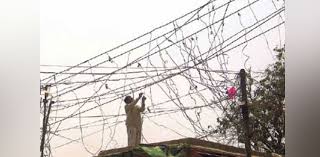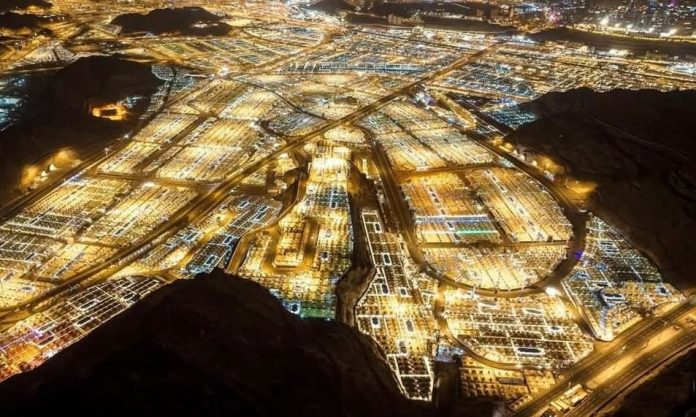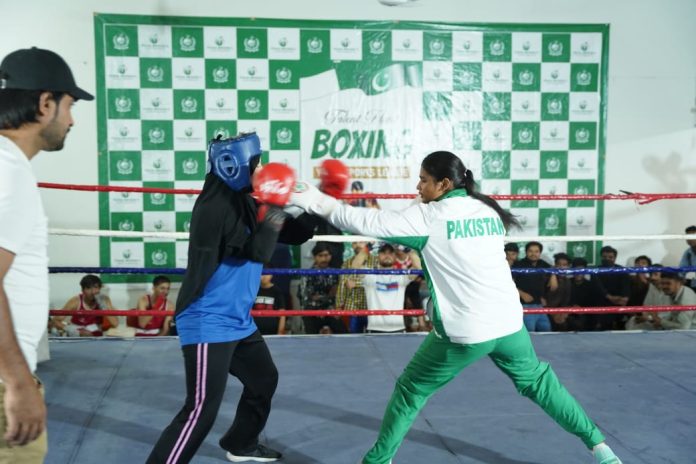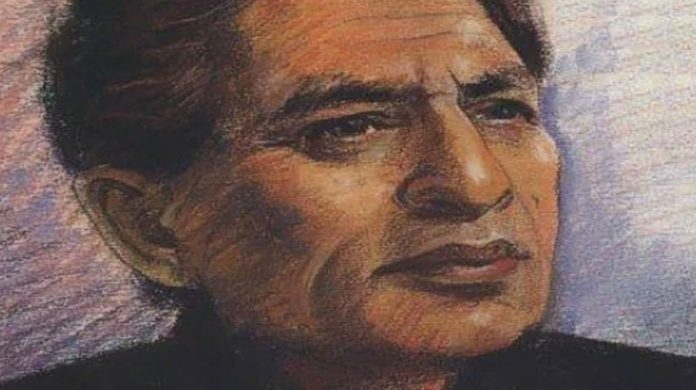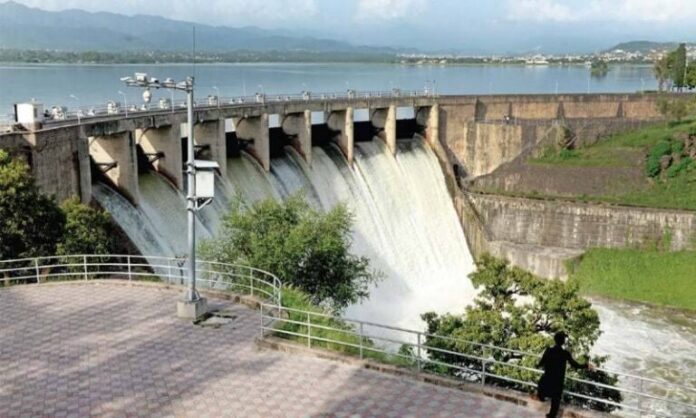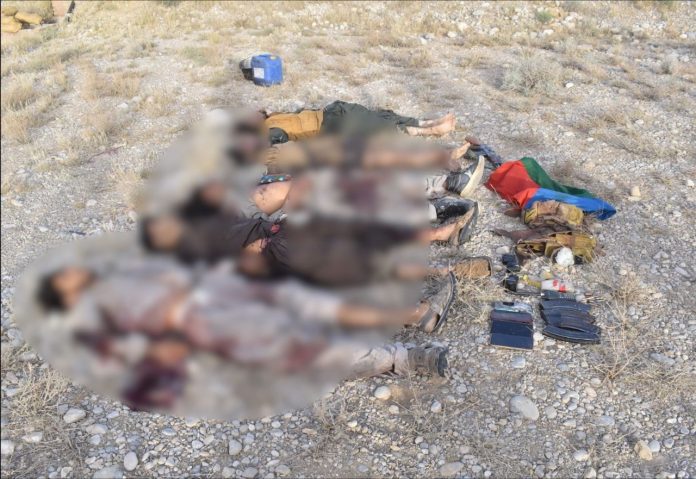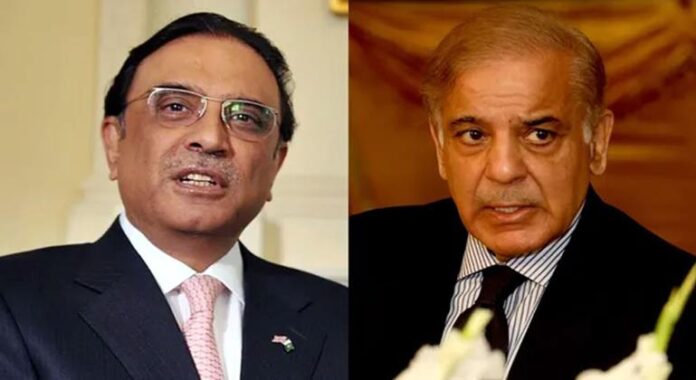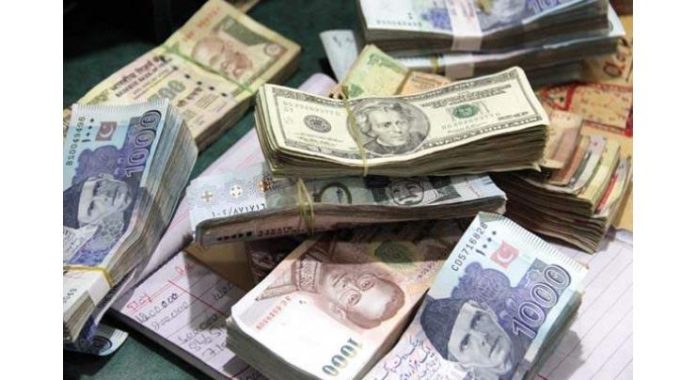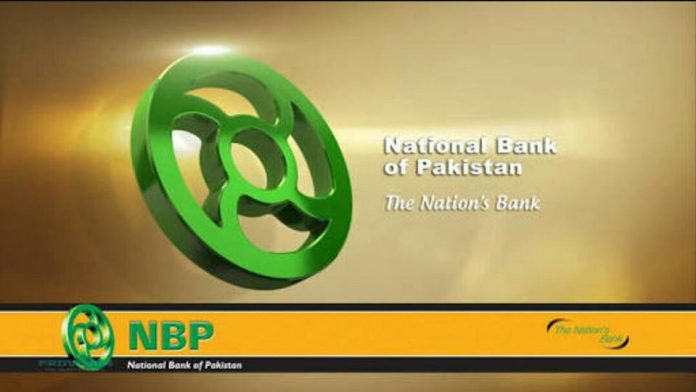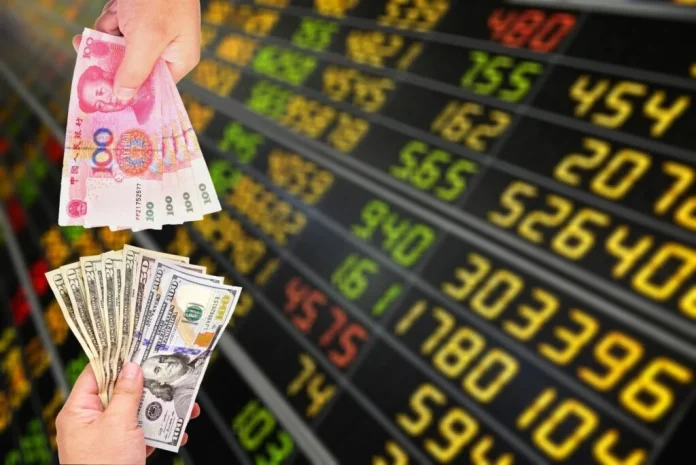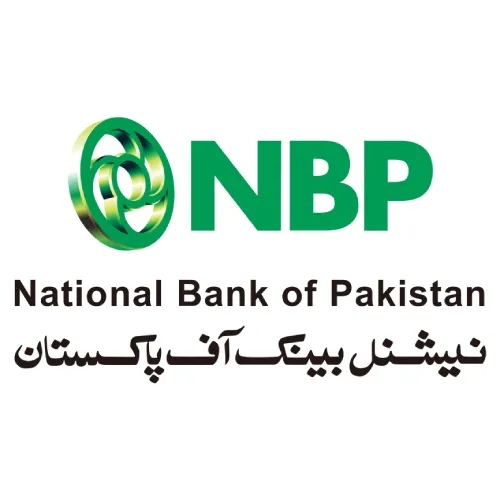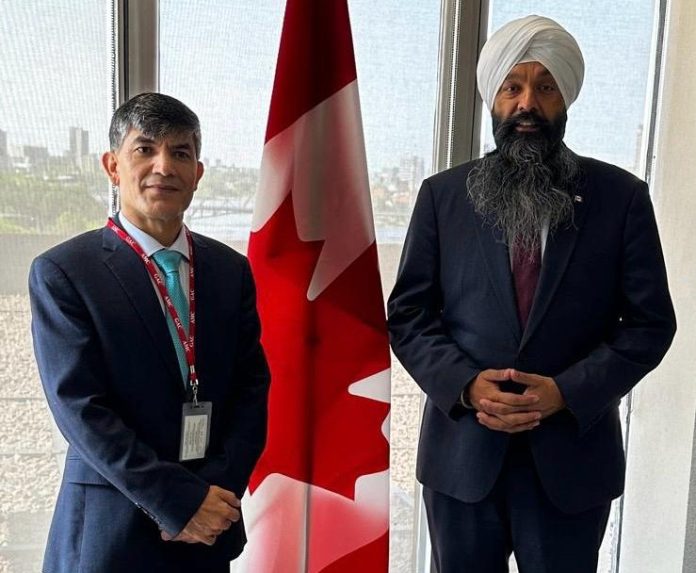PTCL integrates software driven storage platforms from dell technologies to modernize its Data center infrastructure
EHCD approves criteria for Emirati students pursuing higher education abroad
ABU DHABI, Jun 3 (WAM/APP): In line with the UAE’s strategic direction to enhance the quality and outcomes of higher education and human development, and to align its outcomes with national development goals and market needs, the Education, Human Development and Community Development Council (EHCD) has approved a set of criteria for Emirati students who wish to pursue their higher education outside the UAE.
The criteria aim to enhance student’s competence and readiness to enter the job market, and to regulate international scholarship options in accordance with the UAE’s aspirations, national plans, priority sectors, and future developments, thereby supporting the optimal investment in Emirati talents.
Through this initiative, the Council aims to empower students to make well-informed decisions based on clear criteria that ensures the quality of selected programs and academic institutions. It also seeks to enhance the value of the qualifications they obtain, supporting their future career opportunities both within the UAE and abroad.
These criteria are derived from a clear vision to elevate the higher education experience abroad, by guiding students toward accredited and high-quality academic institutions and specializations. Students wishing to enroll in a higher education institution outside the UAE, whether at their own expense or through a sponsoring entity, are required to study at institutions recognised by the Ministry of Higher Education and Scientific Research, in accordance with the following approved classifications and standards:
1. The institution must be ranked among the top 50 universities worldwide in the intended field of study, regardless of overall ranking or country, according to the Ministry’s approved international rankings, or
2. If studying in the United States or Australia, the institution must be ranked among the world’s top 100 universities in the intended field of study, and among the top 100 universities overall, according to the Ministry’s approved international rankings, or
3. If studying in any other English-speaking country (excluding the USA and Australia), the institution must be ranked among the world’s top 200 universities in the intended field and among the top 200 universities overall, according to the Ministry’s approved international rankings, or
4. If studying in a non-English-speaking country, the institution must be ranked among the world’s top 300 universities in the intended field and among the top 300 universities overall, according to the Ministry’s approved international rankings.
The Council emphasised the importance of adhering to the specified criteria to avoid non-recognition of qualifications obtained abroad. Non-compliance may result in these qualifications not being acknowledged for purposes such as employment, promotion, study leave, exam leave, thesis discussion, or eligibility for qualification-related benefits within the federal government sector in the UAE.
To ensure a transparent and a balanced approach, taking into account special cases, Emirati students who are currently pursuing their studies abroad, whether self-funded or sponsored by a scholarship entity, will be granted a one-year grace period from the effective date of this decision to adjust their academic status.
A specialised committee, chaired by the General Secretariat of the Education, Human Development and Community Development Council has been established to review exemption requests. The committee will assess these requests based on precise criteria that consider the nature of the specialization, the academic institution, and the individual circumstances of each case, to support the students’ best interests and enhance their educational and career opportunities.
The Council also instructs the students and the relevant parties to communicate directly with the Ministry of Higher Education and Scientific Research for inquiries related to the approved criteria and the process for submitting exemption requests.
This mechanism is part of a broader set of policies and initiatives being developed by the Education, Human Development and Community Development Council in coordination with relevant entities.
These efforts are designed to enhance the quality of higher education, strengthen accreditation recognition system, and support Emirati students both within and outside the UAE. Such initiatives contribute to empowering Emirati talents, developing human capital, and nurturing generations equipped with the skills, capabilities, and knowledge that align with the UAE’s aspirations and reflects its vision for the future.
New technologies to help Belarus recycle 99% of waste
MINSK, Jun 3 (BelTA/APP): In a new episode of BelTA’s Nation Speaks project Olga Sazonova, Head of the Waste Management Department at the Belarusian Ministry of Natural Resources and Environmental Protection, spoke about the technologies that would enable Belarus to recycle 99% of its waste.
In total, Belarus generated about 60 million tonnes of waste in 2024. Of this, just over 4 million tonnes is solid municipal waste (including secondary material resources), and about 56 million tonnes is industrial waste. Some 80% of the collected municipal solid waste is household waste. Some 70% of the waste from economic activities of enterprises is large-tonnage waste, i.e. waste from the production of potash and phosphate fertilizers, Olga Sazonova said.
“The current waste recycling level in the country is 33% because large-tonnage waste is practically not used. There are no technologies in the world that would allow for its effective use. This is primarily due to the economic feasibility of its use. Secondly, selling large quantities of the product obtained during processing is problematic. These are salts and halite clay-salt sludge. Currently, one of the areas of phosphogypsum processing is the production of rare earth elements. There are certain developments, and we are working in this direction,” the head of the department said.
If we consider the production waste recycling level excluding large-tonnage waste, it is around 90%, while for municipal waste, this level is around 40%.
According to the Goal 99 subprogram of the state program Comfortable Housing and a Favorable Environment, the country needs to achieve a 100% waste recycling rate, including municipal waste. A high percentage of municipal waste recycling can be achieved not only through separate collection of glass, plastic, and paper, Olga Sazonova said. “Practice shows that separate collection can ensure a level of no more than 40%. In order to reach 100%, two new waste management technologies are being introduced,” she said.
The first is the energy use of waste. “This can be either direct incineration of waste by processing plants or RDF, which is then sent to cement plants,” the head of the department explained.
The second is composting organic waste components, because they account for about 40% of all municipal waste. “Organic waste needs additional efforts. This may include composting sites and their further use,” she said.
Railways beefed-up security in trains, at stations during Eid
2-Pakistani inspire at China Huaneng Group’s 40th anniversary english speech contest

Pervaiz Malik, President SOCAR discuss enhancing bilateral energy cooperation
HEC’s month long initiative for Capacity Building of academic leaders concluded
22 power pilferers held
Path to Paradise: Around 1.6 mln pilgrims embark on sacred journey for Divine forgiveness, blessings
By Raziq Ali Shah
MAKKAH AL MUKARRAMAH, Jun 03 (APP): As the curtain rises on Hajj 2025, the tranquil valley of Mina braces itself for an influx of around 1.6 million devout pilgrims—including over 115,000 Pakistanis—converging from all corners of the globe to embark on a spiritual journey on today night (Tuesday night) that culminates in the sacred celebration of Eid al-Azha.
For nearly a month, the faithful have gathered in Makkah, the land revered as Umm al-Qura (Mother of All Settlements)—the epitome of Divine planning—to engage in profound communion with the Creator, beseeching His forgiveness and invoking blessings upon their souls.
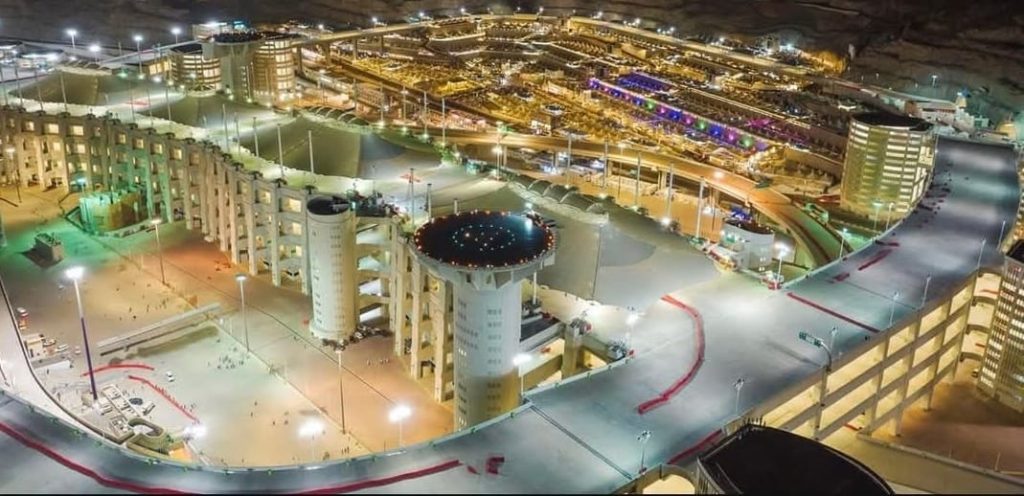
According to official reports, around 1.5 million pilgrims have already arrived in Saudi Arabia in anticipation of the Hajj, with more expected to join them. They will be joined by hundreds of thousands of Saudis and local residents as the pilgrimage officially commences on Wednesday.
Following last year’s heatwave, the Saudi authorities have already mobilized over 40 government agencies and 250,000 officials to double their efforts against heat strokes, the report further said. Similarly, shaded areas have been expanded by 50,000 square metres, and numerous cooling mist systems and water fountains have been installed to facilitate the guests of Allah Almighty at the holy land.
Pakistan has meticulously orchestrated arrangements to support its pilgrims through every facet of the journey—from the moment they arrive in Madinah and Makkah. From airport reception to transportation, accommodation, nourishment, medical care, guidance by Moavineen (Hajj Support Staff), and onward to the sacred sites (Mashair) and back home, every detail has been carefully managed.
The pilgrimage begins with the solemn act of entering ihram—a sacred state—upon crossing the outer boundaries of Makkah, known as Miqat, marking the commencement of the sacred journey.
On the eve of the 7th and 8th of Zilhaj, pilgrims proceed to Mina, spanning a distance of 8.1 kilometers, using various modes of transportation including trains and buses as they settle into the vast tent city. This year, the Saudi Authorities restricted movement of pilgrims on foot due to expected extreme heatwave condition and to protect pilgrims from heat related illness.
The 8th of Zilhaj, known as Tarwiyyah Day, finds pilgrims immersed in prayer and reflection in the serene precincts of Mina, preparing spiritually for the sacred ascent that lies ahead.
At dawn on the 9th of Zilhaj, pilgrims embark on the pivotal leg of the journey, proceeding to the plains of Arafat to partake in collective prayers and supplications, punctuated by the Khutbah (sermon) delivered from Masjid al-Nimra on Mount Arafat.
The Day of Arafah holds profound significance—hailed in Surah al-Ma’idah as the day Allah perfected His religion, completed His favor upon Prophet Muhammad (peace be upon him), and ratified Islam as the ultimate way of life.
As the sun sets, pilgrims depart Arafat for Muzdalifah, where they offer Maghrib and Isha prayers—abbreviated to two rakats each—before collecting pebbles for the ritual of Rami over the coming days.
The 10th of Zilhaj, the Day of Sacrifice (Yawm al-Nahr), witnesses pilgrims returning to Mina from Muzdalifah, offering animal sacrifices, commencing the Rami ritual, and marking the global celebration of Eid al-Azha.
Over the next three days, pilgrims continue the Rami ritual, casting seven pebbles on the first day and 21 on each subsequent day, while also trimming or shaving their hair—symbolizing spiritual renewal and rebirth.
On the 12th of Zilhaj, the climax of the Hajj journey unfolds as pilgrims return to Makkah to perform the rites of Tawaf al-Ifadah and Sa’i between Safa and Marwah. These rites, integral to the Hajj experience, follow the completion of key acts such as the symbolic stoning of the devil, the sacrificial offering, and hair trimming.
With the completion of Tawaf and Sa’i, pilgrims find a moment of respite, free from the restrictions of ihram. Yet their hearts remain tethered to the sanctity of the pilgrimage, prompting them to return to their tents in Mina to fulfill the remaining obligations of Hajj.
Before departing Makkah, pilgrims undertake the poignant ritual of the farewell Tawaf (Tawaf al-Wida), marking the conclusion of their spiritual odyssey. This solemn act includes completing seven laps around the Kaaba, offering two rakats of prayer, and drinking from the blessed waters of Zamzam. Unlike previous Tawaf rituals, no Sa’i or hair trimming is required after this final circumambulation, symbolizing the formal completion of their sacred pilgrimage.
Boxing trials of men, women concluded at AJK University
Prominent Urdu poet Akhtar Hussain Jafri remembered
IRSA releases 242,921 cusecs water
Security forces killed seven terrorists in two separate operations in Balochistan
RAWALPINDI, Jun 3 (APP): Security forces killed seven terrorists belonging to Indian proxy, Fitna al Hindustan in two separate operations in Balochistan.
An intelligence-based operation (IBO) was conducted in general area Mach, Kachhi District on reported presence of Fitna al Hindustan terrorists, said an ISPR news release.
During the conduct of the operation, own troops effectively engaged the Fitna al Hindustan terrorists’ location, and after an intense fire exchange, five Indian sponsored terrorists were sent to hell.
In another IBO conducted in general area Margand, Kalat District, a Fitna al Hindustan terrorist hideout was busted and two Fitna al Hindustan terrorists were successfully neutralized.
Weapons, ammunition and explosives were also recovered from the killed Fitna al Hindustan terrorists, who remained actively involved in numerous terrorist activities.
Security forces of Pakistan are determined to eliminate the menace Indian sponsored terrorism from the country, and reaffirm the nation’s unwavering resolve to bring the perpetrators of Indian sponsored terrorism and their facilitators to justice.
President, PM laud security forces for killing 7 terrorists in Balochistan
ISLAMABAD, Jun 3 (APP): President Asif Ali Zardari and Prime Minister Shehbaz Sharif on Tuesday paid tribute to the security forces for killing seven terrorists of Fitna al Hindustan during operations in Machh and Morgand areas of Balochistan.
In their separate statements, the president and the prime minister lauded the professional capabilities of the security forces.
President Asif Ali Zardari also commended the security forces for eliminating nine terrorists of Indian proxy during intelligence-based actions.
“India, through its proxies, is spreading terrorism in Pakistan,” the president said and resolved to continue actions against terrorists till complete elimination.
PM Shehbaz Sharif said the entire nation stood shoulder to shoulder with the Pakistan armed forces to foil the nefarious designs of Fitna al Hindustan, which was involved in spreading terrorism in Balochistan under the patronage of India.
High Temperature Alert: Intending pilgrims advised to prepare for heatstroke risks
By Raziq Ali Shah
MAKKAH-AL-MUKARRAMAH, Jun 03 (APP): Head of the Pakistan Hajj Medical Mission (PHMM) Col Dr Muhammad Shaheer Jamal on Tuesday advised Pakistani pilgrims to take all possible precautionary measures against heatstroke, especially during the Mashair days, due to the possible high heat-wave condition.
“We advise Pakistani pilgrims to avoid sun exposure, particularly during the five Hajj days in Mashair from 8–12 Zilhaj. Drink plenty of water preferably Oral Rehydration Salts (ORS),use umbrellas and spend maximum time in air-cooled or air-conditioned tents and shaded areas,” the PHMM head told APP here.
He said the PHMM is poised to deliver exceptional healthcare services and ensure the safety of Pakistani pilgrims undertaking the sacred journey in Saudi Arabia. However, “they will have to prepare themselves for the severe hot weather conditions.”
He said that the absence of sweating, hot and dry red skin, vomiting and nausea, extreme thirst, dizziness, and unconsciousness are signs and symptoms of heatstroke.
To avoid this, Col Shaheer said, “A person must avoid direct heat exposure, drink plenty of water and juices, use face masks and umbrellas, shower with cold water, avoid hot drinks… and must consult a doctor in an emergency if any of the heatstroke symptoms occur.”
Responding to a question, he said that currently no patient with heatstroke has visited the PHMM, but 9,563 cases of dehydration have been treated in the wards.
He said this year, over 115,000 Pakistanis are going to perform the religious obligation under both government and private Hajj schemes. Although the Pakistan Hajj Mission has made exemplary arrangements this year in Mina, Arafat, and Muzdalifah, it will still be a challenging time amid millions of people and extreme heat, so pilgrims must be prepared, he said.
Dr Shaheer said that with 306 dedicated team members and a substantial stock of medicines, the medical mission is committed to providing comprehensive healthcare services to Pakistani pilgrims in Saudi Arabia.
He said doctors, nurses, and paramedics are performing duties in shifts around the clock to provide maximum care to the guests of Allah Almighty.
To another question, he said the PHMM has provided free medical treatment to a total of 78,421 intending pilgrims in Saudi Arabia since April 29. Around 171 serious patients have been referred to the Saudi German Hospital for advanced treatment. Out of these, 19 are still admitted while the rest have been discharged, he said.
Dr Shaheer said that 1,230,786 medicines have also been dispensed to pilgrims so far. Regarding diagnostic procedures, he said that 1,375 laboratory tests, 677 X-rays, 984 dental procedures, 144 ultrasounds, and 591 ECGs performed. Additionally, 886 minor surgical procedures have been conducted.
He said the mission team includes a wide range of specialists such as cardiologists, pulmonologists, dermatologists, radiologists, gynecologists, ENT specialists, dentists, and pathologists. For the first time, public health specialists and physiotherapists have also been included, enhancing the mission’s capacity to meet diverse medical needs, he said.
Pakistan has partnered with the internationally recognized Saudi German Hospital Group and established a Supervisory Model to ensure the quality and continuity of care.
He said healthcare facilities set up for the pilgrims include two fully operational hospitals—one in Makkah and one in Madinah—as well as 12 dispensaries (nine in Makkah, two in Madinah, and one in Jeddah).
He said the mission has also implemented a digital data system to manage patient records and plans to publish a research paper at the end of the Hajj season based on the medical trends observed.
NBP Exchange Rates
NBP-Rates-2-Karachi
Foreign exchange rates
Pak HC, Canada Secretary of State discuss trade, investment cooperation
OTTAWA, Jun 3 (APP): High Commissioner of Pakistan to Canada Muhammad Saleem on Tuesday called on Randeep Sarai, Secretary of State (International Development) in the Global Affairs Canada.
In the meeting, they discussed enhancing Pakistan-Canada relations and expanding opportunities for Canada’s ongoing development cooperation programs and building partnerships with Pakistan.
The high commissioner highlighted the potential for trade, investment and development of agriculture, energy, ICT, mining and mineral, and tourism sectors for mutual benefit.

